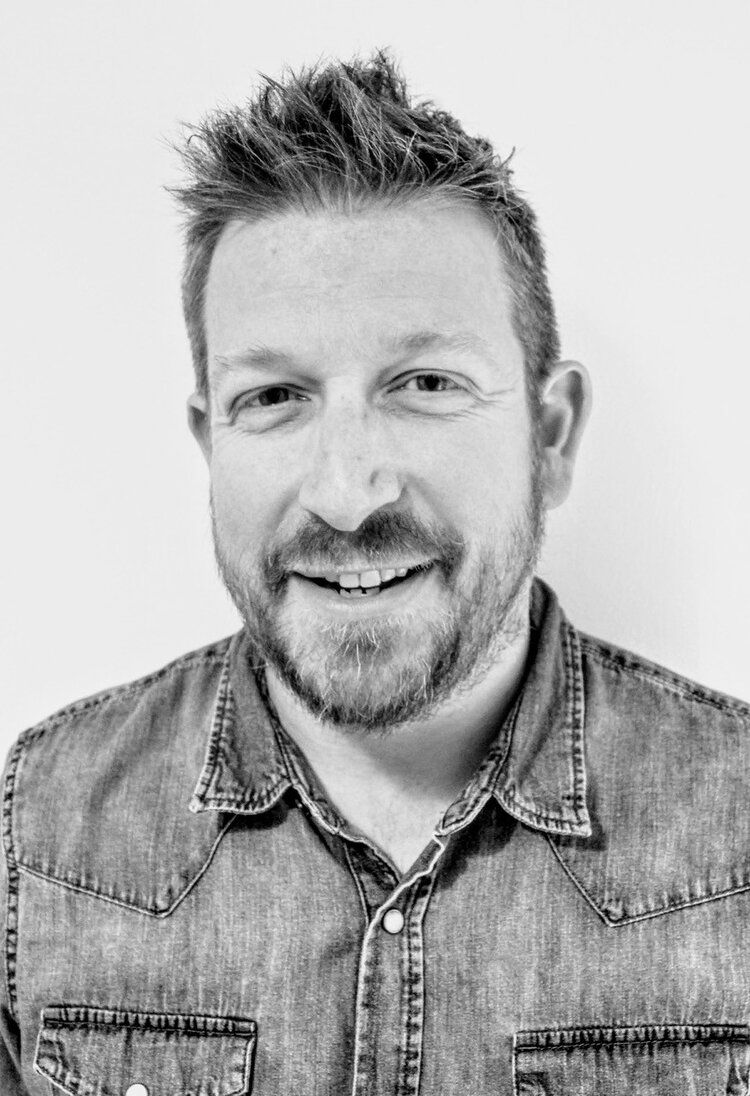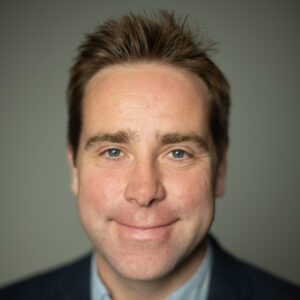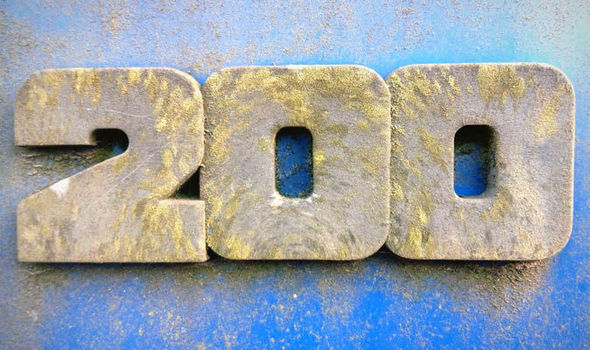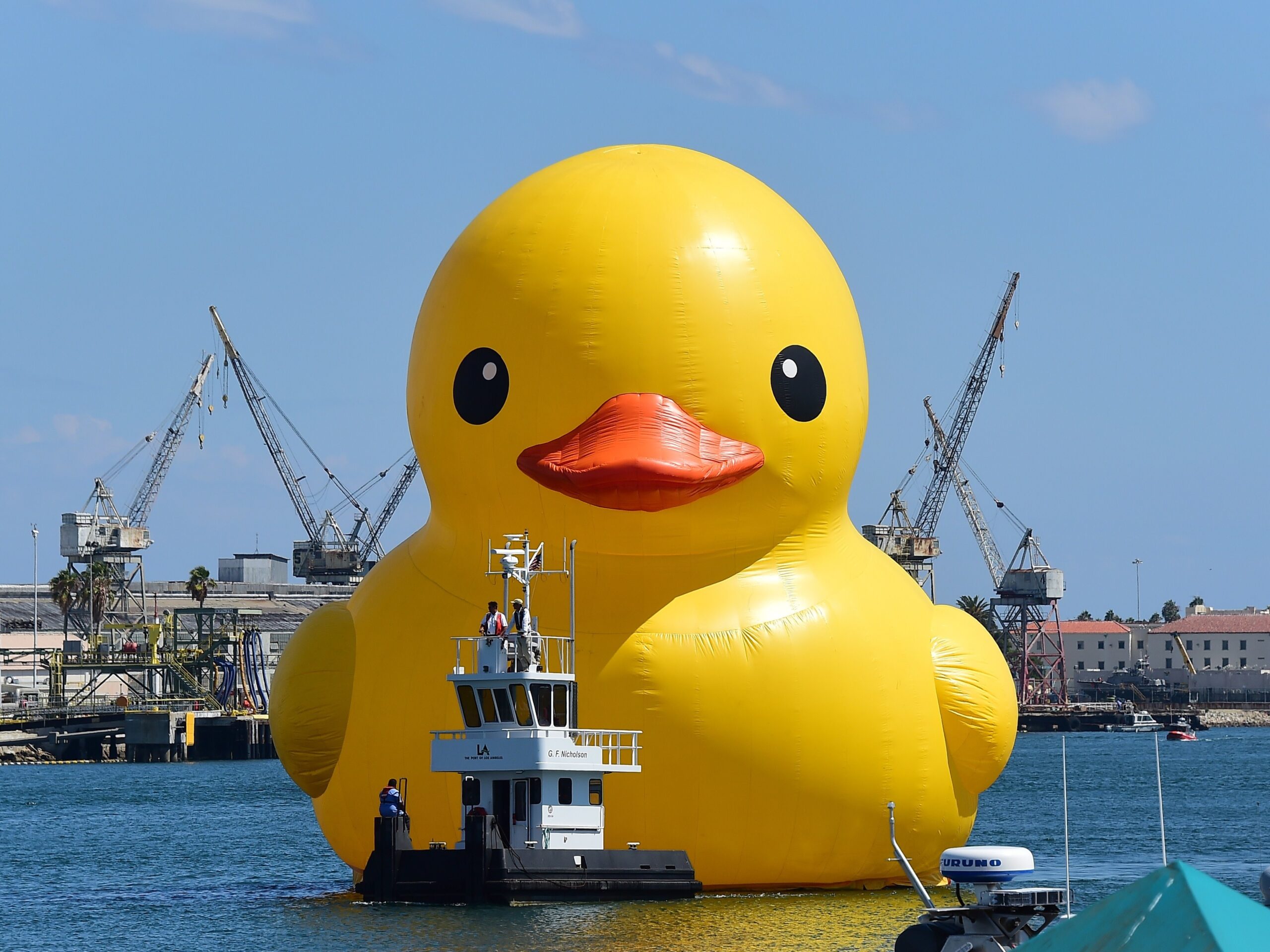Fresh Air’s Martin Poyntz-Roberts reflects on a bonkers year for podcasts and his own Damscene conversion to the medium.
DIY. Three letters that used to fill me with dread. I can recount numerous tales of how I’ve struggled with sets of blinds, turning the wall into a Swiss cheese as I attempt to screw something into the wall. In the wrong place. Several times.
Listening to the Sex Pistols was, to begin with, a similar experience. What a mess. But somewhere in that mess there’s a germ of genius. Punk emerged from the stolid, indulgent 70s prog-rock. An alternative, urgent, the kids just giving it a go. And it worked.
Podcasts have been on a similar journey: from bedroom recordings; mutters and mumbles from blokes with beards about beer, to the global phenomenon that now stands on the verge of global domination of the audio market.
Overstating the importance? Maybe, but let’s look at the statistics.
According to Ofcom around 7.1 million people in the UK now listen to podcasts each week. That’s one in eight people and it’s an increase of 24% over the past year – and more than double over the past five years.
To hold my hands up, I was initially resistant. I worked for the BBC Radio from 2000 until 2018. Mainly Radio 4, plenty of BBC 1 and 2 some 5 Live, some Natural History. It pains me to say that when podcasts arrived on the scene, my response was snobbish sniggering. I guess this was the way in which the likes of Yes and Genesis may have viewed the Pistols or Buzzcocks. ‘Who are snotty oiks thinking they can encroach on my territory?’
How wrong was I?
My conversion has been damascene. Having buried my head in the sand for a bit, the penny dropped. Partly following a BBC meeting in which the then controller of BBC Audio and Music, Helen Boden, discussed with producers on the future of the BBC’s radio offering.
I was left thinking why do we need radio stations? Could BBC Radio programmes be offered on one platform, under genres and you could curate your listening experience?
I guess that’s what we currently have served up to us by the likes of Acast, Spotify, iTunes et al and it can be daunting. And with the growth of podcasting there is a chance that we, as consumers are faced with a similar situation to how I first felt when I visited the USA for the first time and discovered cable TV. As Springsteen sung ’57 channels, (and nothing on)’.
Thankfully this is no longer the case. Now I am overwhelmed by not only the choice, but also the quality.
Gone (well, almost) are the days of echoey, hard to hear, rambling, tangential meanderings. Now we have fully focused, beautifully crafted stories told in imaginative ways that do things that audio never has before.
And in my opinion there was one turning point and that is down to the producers and journalists of This American Life.
Serial arrived. It broke the mold. The story line was one like no other and I don’t think it would have worked on TV. A murder case meticulously investigated, fast paced, with a perfectly formed, and developing narrative, leading the listener on a journey of discovery.
It blew my mind.
Podcasts could now compete with box-sets. Far more portable than Breaking Bad, more compelling than Game of Thrones? Well, I thought so.
But Serial helped do something else. It gave real value to producers, for years in the shadow of our television colleagues.
I’ve worked across both TV and radio and I can assure you that TV jobs pay significantly more than radio. At one point a TV job with far fewer responsibilities paid £65 a day more than the equivalent radio role. And let’s break that down.
In the world of TV production, you are a cog in a vast machine. Most shows have teams working on a film or episode. This usually comprises of a series producer, producer/director, Assistant Producer, Researcher and at least one Production Manager looking after budgets and general team running.
In radio, there’s just you. The producer. If you’re lucky you may have half a production assistant. Bigger productions may have an Assistant Producer but more often than not these assistant producers are working on their own productions and are, or at least were, so forgive me if the situation has changed, low paid producers making equally good programmes.
In TV someone books cars, hotels, hires all the necessary kit; each member of the team has their role. In radio you do all of this yourself. I have hired cars, booked hotels and rail travel, purchased flights all over the world. This is on top of pitching the story, researching, recording, scripting, editing, and making sure all the relevant compliance and paperwork is completed. And then you have to clean the office too and do a stint on the front desk..or you may as well do.
Management across the network knew what was happening. The reason given for the tiny salaries in comparison to TV salaries was lack of competition. Radio 4 had no real competitors, so there were few places you could take your skills. When Channel 4 pulled the plug on their planned radio project, there were groans among radio producers that I know. It meant another year of being kept at the bottom of the pay grade.
Meanwhile budgets in BBC Radio continue to shrink. Constantly under fire, we now have a government that looks committed to ending the BBC licence fee.
Podcasts have allowed those shackles to be released. It’s been the great leveller and it feels like finally audio is stepping out of the shadows of it’s more glamourous cousin: TV. In 2019, the podcast scene is at the healthiest its ever been and it’s just the beginning.
Since Serial, podcasts have simply got better and better. Production values and techniques have improved, and podcasts are no longer to be sniggered at.
There will always be a place for radio. Serendipity is what makes it a beautiful thing, but in my view listening to the radio is becoming less and less serendipitous. I want more. In a world of confusion and fake news, I want more news analysis from a respected source. I’ve switched from my habitual radio outlets to listening to The Daily, a podcast made by the New York Times.
And more and more relevant is the branded podcast. A podcast is a unique way to intimately speak to listeners. Businesses and organisations are realising the benefit of podcasting and as a producer, what could be better than having the opportunity to work with a client who understands the value of this way of connecting with the public and doing so with a budget! Having a decent budget allows the freedom to allow imaginations to run wild. We want A-list personalities, we want high profile, high impact, highly intelligent. And we can deliver that. A glance at future projects on the table at Fresh Air Production reveals a range of projects that not only amaze, but also excite. With clients as diverse as Allianz, English Heritage and Shell, to name just a few that I am able to talk about, the next 12 should see podcast listenership in the UK rise to a new high. The sky really is the limit.
Meanwhile, I have since become fairly adept at DIY, having sanded and painted the entire front of my house and it looks ace. My podcast production has gone a similar way and I cannot begin to tell you how excited I am about my latest project that will be released in February, presented by Gavin Esler, focusing on Putin, Russia and Kleptocracy.
‘The Big Steal’ will be released in Mid February, available on all the usual podcast platforms.




